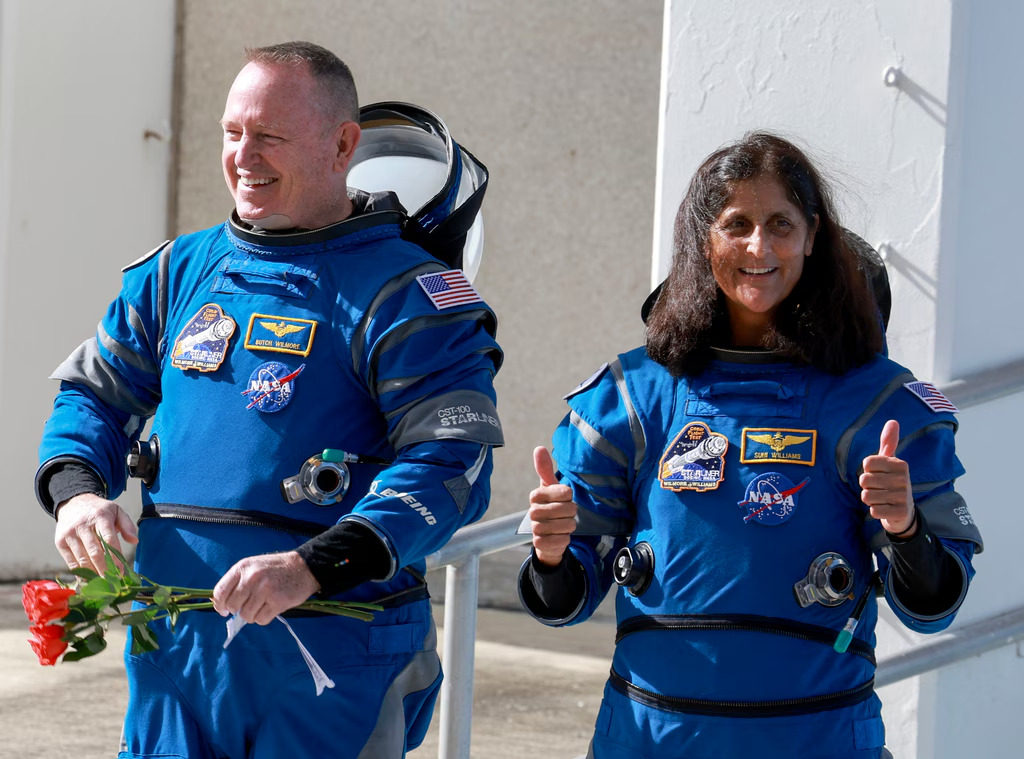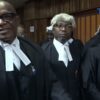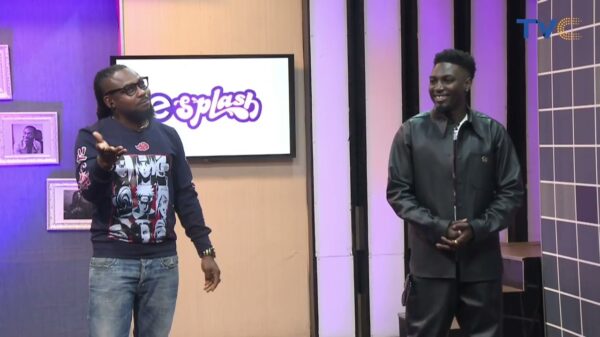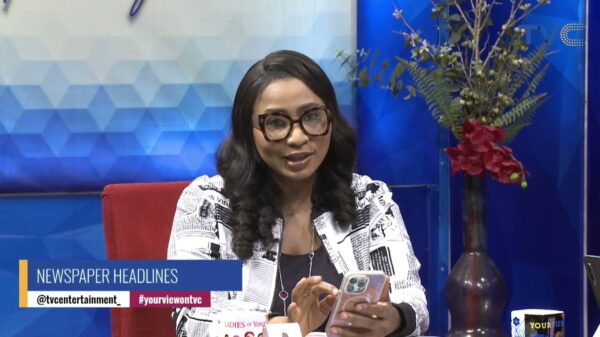NASA has provided an update on astronauts Suni Williams and Butch Wilmore, who have remained on the International Space Station (ISS) since early June due to malfunctions in Boeing’s Starliner spacecraft.
Their mission, initially planned for eight days, has now extended beyond two months. They will need to wait a bit longer before returning home.
During an August 14 teleconference, NASA confirmed that both astronauts are in good health aboard the ISS. Joe Acaba, chief of the Astronaut Office at NASA’s Johnson Space Center, noted that astronauts train to handle unexpected delays. “It’s part of our jobs,” he said. “We understand that launch dates may shift and mission durations can change in real time, so they’re handling it well.”
Decision-Making and Return Plans
Ken Bowersox, associate administrator for NASA’s Space Operations Mission Directorate, indicated that his team expects to finalize their analysis on the best way to bring the astronauts home within a week, followed by a formal review in late August. This means Williams and Wilmore may have to wait up to two more weeks to find out if they will return to Earth aboard the Starliner or use one of SpaceX’s Dragon capsules. If they opt for the latter, they could remain on the ISS for an additional six months until February 2025. Fortunately, regular resupply missions to the ISS ensure that food supply is not a major concern as NASA works on their return.
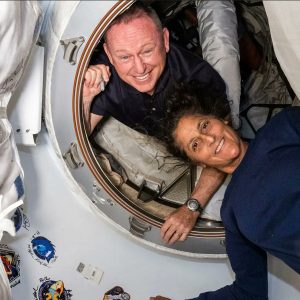
Radiation Exposure Concerns
One factor in NASA’s decision-making process is the increased radiation exposure that comes with extended stays in space. Although the maximum time Williams and Wilmore could spend in space is eight months, and the American record for an individual astronaut exceeds a year, officials are not overly worried about their extended stay.
Boeing’s Role and Response
Boeing did not participate in the August 14 press conference but previously expressed confidence in the Starliner’s ability to resolve the malfunctions, which include leaks in its propulsion system and five failed thrusters. “We still believe in Starliner’s capability and its flight rationale,” the company stated on August 9. “If NASA decides to change the mission, we will take the necessary actions to configure Starliner for an uncrewed return.”
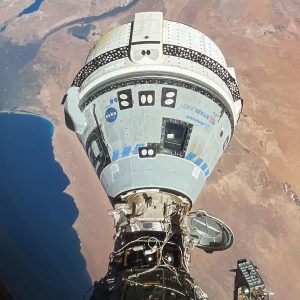
Meanwhile, Williams and Wilmore, both retired Navy captains experienced in long-duration space missions, are using their extra time in space to conduct scientific experiments and assist with maintenance tasks aboard the ISS. Acaba remarked, “They will do what we ask them to do, and that’s their job as astronauts.”


